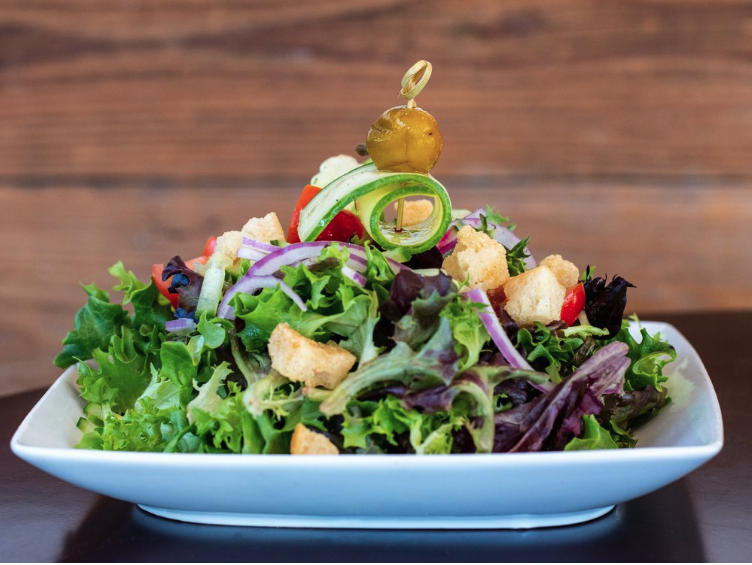
Why Do You Feel Deprived When Eating Healthy?
A common misconception is that eating fewer calories will directly lead to weight loss. While a calorie deficit is essential for weight loss, excessively low-calorie diets can backfire. The body perceives this drastic reduction as a threat, slowing down the metabolism to conserve energy. This survival mechanism can stall weight loss and even lead to weight gain once normal eating patterns resume.
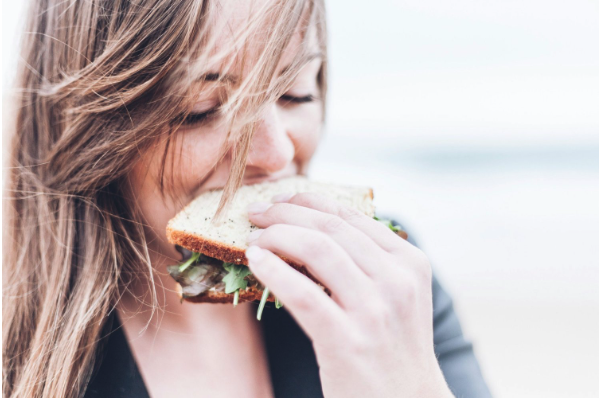
Natural Supplements to Help People Struggling with Binge Eating Disorder
People with Binge Eating Disorder (BED) often struggle with irregular eating patterns, which can lead to nutrient deficiencies. These deficiencies may arise due to consuming large quantities of low-nutrient, high-calorie foods during binges, followed by periods of restrictive eating or skipping meals.

How to Stop Hating Your Body?
Body hate is a complex issue, deeply rooted in emotional and psychological experiences. It goes beyond dissatisfaction with physical appearance and often reflects unresolved feelings of inadequacy, trauma, and societal pressure.
To truly overcome body hate, it’s crucial to address these underlying causes and adopt tools that nurture self-love, confidence, and healing.

The Key to Staying Motivated for Weight Loss
Most people start their weight loss journey with plenty of willpower and a strong push for motivation. But as the weeks go by, many find that motivation dwindles, and soon they feel defeated and exhausted.
Why does this happen?
The truth is, most people lose motivation not because they lack discipline or willpower, but because they’ve been exhausting themselves both mentally and physically. They’re starving their bodies with restrictive dieting and over-exercising to create a calorie deficit. No wonder they feel drained! A lack of energy is one of the biggest reasons people lose motivation.
Second, they stopped being motivated and feeling defeated because they only focused on the negatives - things they didn't do, things they should have done, and any minute mistakes they made.

How to Help Your Picky Eater Become a Healthy Eater?
When it comes to picky eaters, most parents have been told, "When they're hungry, they'll eat." But there are a few really, really, really stubborn children that hunger does not bother them. Some just think that "your food" is so disgusting that they rather starve themselves than eat your food.
Why are some kids so fussy about food?
There are many reasons why your child does not want to eat or lacks an appetite or interest to eat. Picky eating may be associated with everything from personality traits to parental control at mealtime, social influences, maternal eating patterns and development, gastrointestinal issues, food allergies and sensitivities, sensory issues, etc. Or it could just be your kid being, well, a kid or something else.
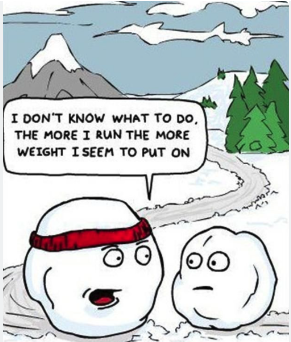
What is the Best Exercise for Women Struggling with Weight Loss?
Most people start their weight loss journey with plenty of willpower and a strong push for motivation. But as the weeks go by, many find that motivation dwindles, and soon they feel defeated and exhausted.
Why does this happen?
The truth is, most people lose motivation not because they lack discipline or willpower, but because they’ve been exhausting themselves both mentally and physically. They’re starving their bodies with restrictive dieting and over-exercising to create a calorie deficit. No wonder they feel drained! A lack of energy is one of the biggest reasons people lose motivation.
Second, they stopped being motivated and feeling defeated because they only focused on the negatives - things they didn't do, things they should have done, and any minute mistakes they made.
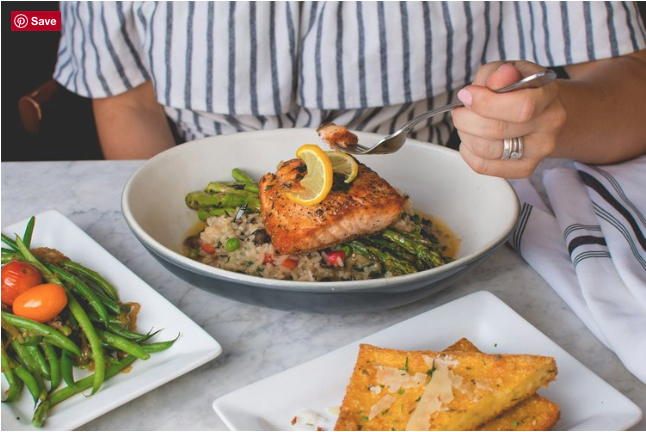
What is the Best Diet for Women Struggling with Weight Loss?
There are many diet out there, and all diet works to some extend, but not for everyone. There is no one-size-fits-all approach because there’s not a single diet that works for everyone for permanent health and well-being.
We are all as unique as a “snowflake.” Even clothing manufacturers understand individuality and don’t make only one size of clothing or one design for everyone. Why does the medical world try to force everyone to eat the same diet?
The only way to find the right diet for you is to start listening to and working with your body. Your body is constantly giving you feedback. All the aches, pains, diarrhea, constipation, bloating, belching, menstrual cramps, headaches, cravings, thirst, and hunger are your body's way of communicating with you.

Celiac Disease: What You Need to Know & What to Do
Celiac disease is a chronic autoimmune disorder that affects the small intestine. When people with celiac disease consume gluten, a protein found in wheat, barley, and rye, their immune system reacts by damaging the lining of the small intestine. This damage hinders the absorption of essential nutrients, leading to various health problems.
Celiac disease is hereditary, meaning that it runs in families. People with a first-degree relative with celiac disease (parent, child, sibling) have a 1 in 10 risk of developing celiac disease.
Celiac disease can develop at any age after people start consuming gluten. Left untreated, celiac disease can lead to additional serious health problems.

Why You Can’t Willpower Away Sugar Cravings?
Sugar cravings are a universal experience, often challenging even the most disciplined individuals. While willpower is frequently touted as the solution to resisting these cravings, the truth is far more complex. The intricate interplay between biology, psychology, and environmental factors makes sugar cravings a formidable opponent.
Cravings are a very common and normal human phenomenon, just like hunger and thirst.
So don't feel bad.
It's normal to have cravings especially when you haven't been eating enough or skipping meals or started exercising a lot.
When you are hungry, your body needs food for energy.
When you are thirsty, your body needs water for hydration.

Link Between Sexual Trauma and Weight Struggles in Women
Sexual trauma and abuse are harrowing experiences that leave indelible marks on the lives of survivors. For many women, the aftermath of such trauma manifests not only in psychological and emotional distress but also in physical changes, including obesity.
Emerging research indicates a complex relationship between sexual trauma and obesity, suggesting that obesity may function as a protective mechanism for survivors.

Link Between Childhood Trauma and Binge Eating Disorder in Women
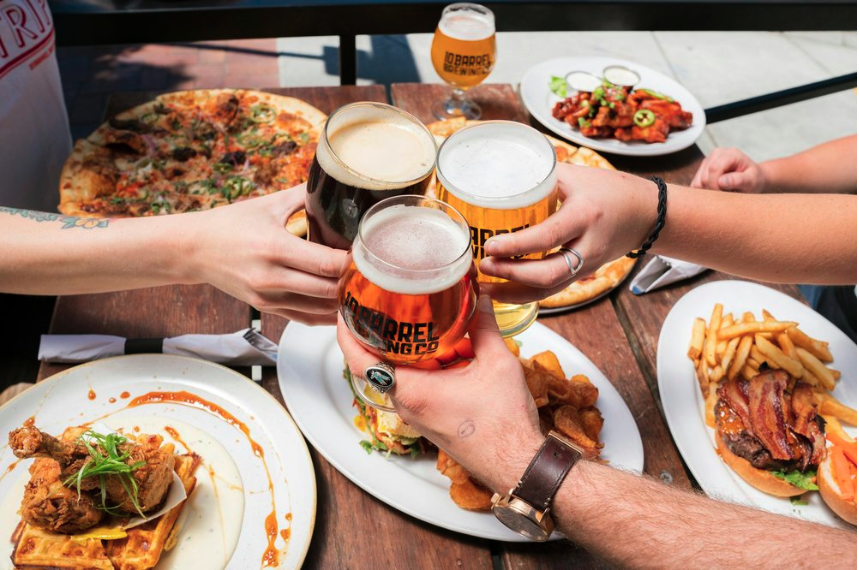
Are You an Overeater or Binge Eater?
In a world where food is abundant and social norms often revolve around indulgence, it's not uncommon for individuals to occasionally overeat or indulge in larger portions than they intended.
However, for some, these occasional instances can develop into patterns of behavior that go beyond mere overindulgence, leading to more concerning eating habits. It’s important to understand the distinction between overeating and binge eating. While both involve consuming large amounts of food, they differ significantly in terms of frequency, control, and psychological impact.
Understanding the differences between overeating and binge eating is crucial for recognizing when eating habits may be veering into unhealthy territory. In this article, we delve into the nuances of these behaviors, exploring the signs, symptoms, and implications of both overeating and binge eating. By shedding light on these issues, we aim to provide clarity and support for individuals who may be grappling with their relationship with food, empowering them to seek balance and cultivate healthier eating habits.
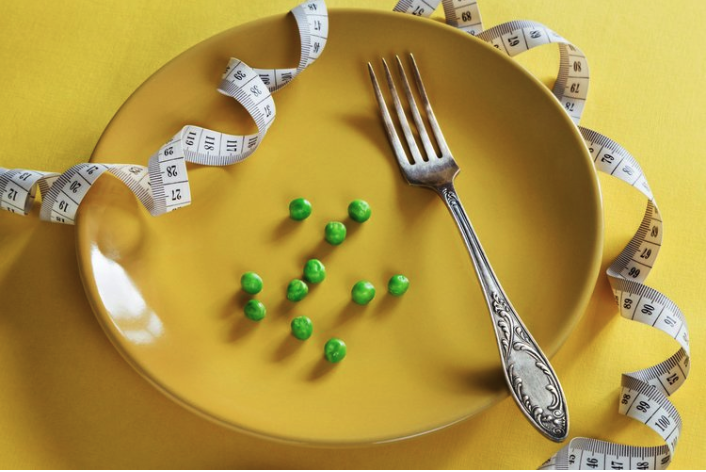
Why Dieting Does Not Work
Dieting is a common approach people use in an attempt to lose weight. Despite its popularity, there is substantial evidence suggesting that dieting is not only ineffective in the long term but can also lead to a variety of negative health outcomes. The fundamental issue often lies in the relationship people have with food, characterized by ignoring hunger cues, counting calories obsessively, and constantly thinking about food.
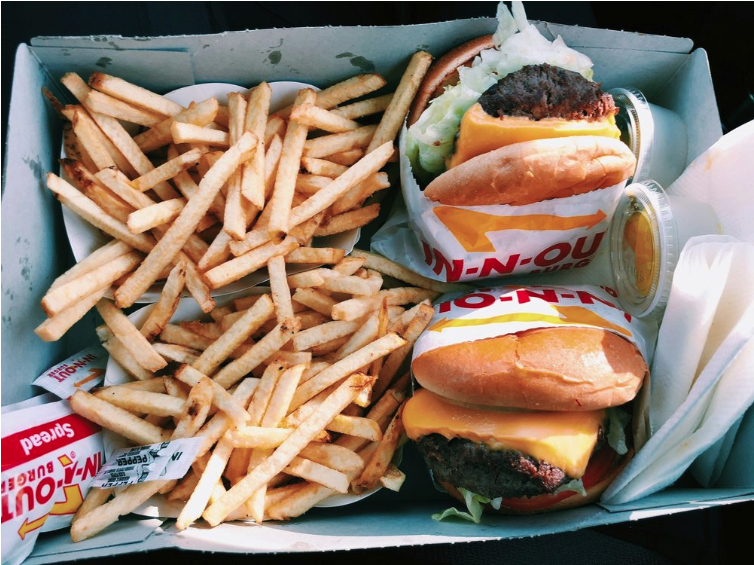
How to Stop Binge Eating & Food Addiction For Good?
Binge eating is tricky. There are foods that are better to eat to help you feel less hungry later; however, it can be very mental and emotional. The truth is that it is worth it to see a therapist and find the root causes of why you are binge eating in the first place.
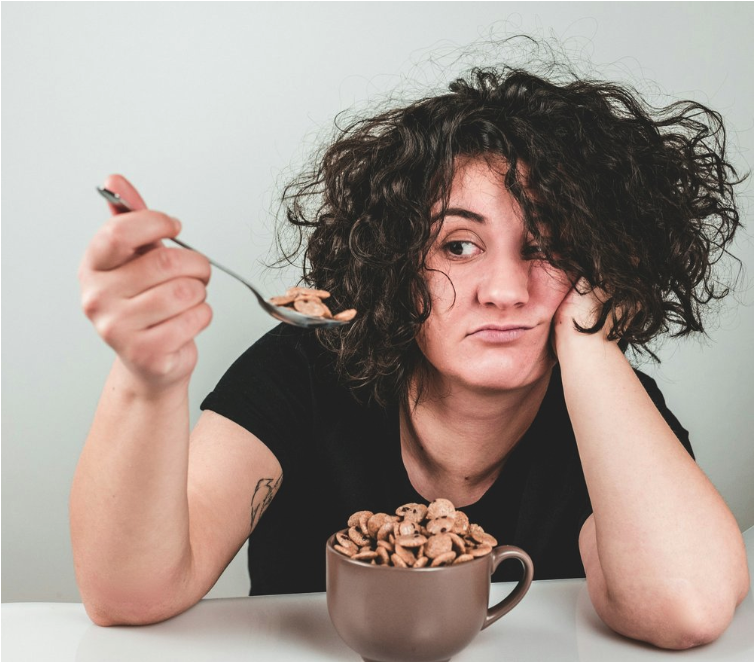
5 Secret Root Causes of Emotional Binge Eating No One Talks About
The causes of emotional binge eating are unique to each individual. There isn't a single cause that fits everyone, and it's not a problem with one root cause—it's multifaceted.
Emotional binge eating is an emotional problem that requires an emotionally focused approach. This is why most recommendations that focus solely on changing behavior do not work. They overlook the fact that emotional binge eating is a symptom of deeper emotional issues.
Understanding these emotional causes can be key to addressing and managing binge eating.

The Benefits of Life Coaching for Women Struggling with Binge Eating, Food Addiction, Body Hate, and Weight Problems
While hypnotherapy and intuitive eating focus on healing the mind and body connection, promoting emotional and physical well-being. Life coaching complements this by offering practical strategies and ongoing encouragement, ensuring that women stay on track with their healing journey.
Life Coaching also provides the structure and motivation needed to set and achieve goals, while hypnotherapy addresses subconscious barriers and intuitive eating fosters a healthy relationship with food. Together, they offer a well-rounded support system that tackles both the conscious and subconscious aspects of eating behaviors and body image.
The combined approach helps women develop sustainable habits and mindsets. Intuitive eating encourages long-term healthy eating patterns, hypnotherapy reprograms negative thought patterns, and life coaching provides the tools and accountability to maintain these changes over time.

Benefits of Intuitive Eating for Overcoming Emotional Binge Eating & Food Addiction
Intuitive eating is a new eating lifestyle that requires no thinking because it is your second nature. Intuitive eating encourages individuals to reconnect with their body's natural hunger and fullness cues. This holistic approach not only fosters a healthier relationship with food but also addresses the underlying emotional and psychological factors driving binge eating and food addiction.

Benefits of Holistic Nutrition Therapy for Chronic Dieting & Emotional Binge Eating
Holistic nutrition therapy focuses on properly nourishing the body, enhancing digestion, identifying and addressing food sensitivities, and rectifying nutrient deficiencies. It steers away from the concept of a weight loss diet or categorizing foods as inherently good or bad. Many of my clients experience weight loss as a result of addressing the underlying physiological issues, not as a result of a "dieting." And weight loss is always a side effect of taking care of the house, not a main focus.

Benefits of Hypnotherapy to Stop Emotional Binge Eating, Food Addiction, Body Hate & Weight Issues.
Even though we all have one brain, we have two minds—the conscious or logical mind and the unconscious or emotional mind. The conscious mind or logical mind is the conscious part of our thinking where we use logic to explain everything, and everything is physical at this level.
The unconscious mind or the emotional mind, on the other hand, is "The Master Mind." It controls our basic survival needs, such as breathing, heart pumping, blood pressure, kidney functions, immunity, digestion, etc. You get the idea. This is also the "Survival mind" or the reptilian mind. This is the mind that is like our security guard. It protect us and keep us away from harm and try and make sure that we survive.

How Does Healing from Emotional Binge Eating Look Like?
Starting on the journey to healing from an eating disorder is a courageous step towards reclaiming your life and nurturing your well-being. However, the road to recovery is not always easy, and it's important to understand the feelings and thoughts you may experience along the way.
Healing often feels like confusion when your new beliefs challenge your old beliefs and thoughts. It’s like remodeling a home: Things have to be chaotic first before the beautiful outcome shows up.